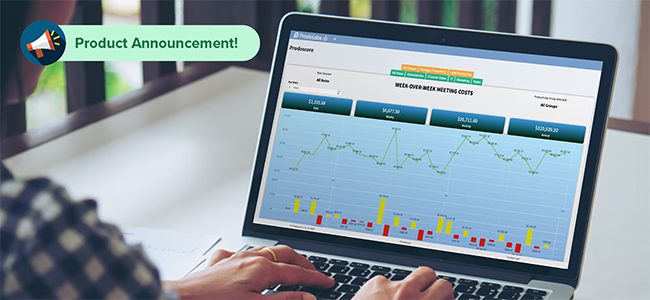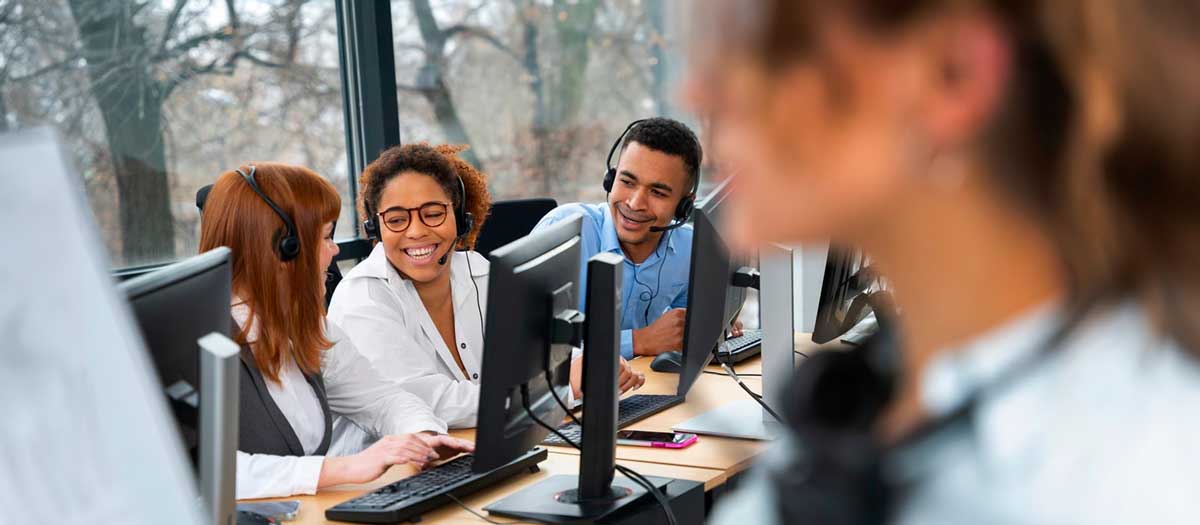How To Make Work Trips Fun - The Rise of ‘Bleisure’
Business travel and traveling for pleasure used to mean two very different things. One involved exploring the sights and immersing yourself in a new culture, the other meant staring out an airplane window, laptop on tray table, and hours spent in dim conference rooms and crowded trade show halls.
But as work culture evolves, so do business trips. For many, those tiresome treks have now taken on some vacation-like aspects - earning them the nickname ‘bleisure’.
Blending business and leisure on corporate getaways isn’t just good for your employees, it benefits the whole company. Give your staff the freedom to enjoy themselves while they travel and they’ll reward you with greater loyalty, engagement, productivity, and job satisfaction.
What is ‘bleisure’?
The term ‘bleisure travel’ isn’t new. The Global Business Travel Association identified it as a rising trend in 2017, finding that almost 40% of US business travelers had extended a work trip to fit in some leisure time.
Post-pandemic, the term is taking on new meaning however as restless employees are eager to put two years of Zoom calls behind them and return to face to face meetings and events. Business travel is expected to soar in the next few years, and is picking up already with double digit increases in corporate international trips.
Given the pressures and uncertainties of the last few years, it’s no wonder that most of those eager travelers are looking to mix a little pleasure with their business - 89% plan to add some vacation time to their business trips this year, according to Travel Pulse.
How to create a successful bleisure strategy
Plan together
As much as possible, get your employee involved in travel planning from the outset. They’re much more likely to enjoy business trips if they feel like an active participant rather than just a worker following orders.
While you’ll obviously be working within a budget, offer your employee choices where you can - whether that means asking them where they’d like to stay, their preferred accommodation, mode of transport, or any additional events they’d like to attend etc
Be clear about your expectations
Once you have the basics nailed down, you can start planning for leisure. Work with your employee to see how much time they can feasibly take, what the expectations are about their accessibility in case you need them, and what you both want to achieve from the trip overall.
Getting these objectives and limitations clarified before they leave the office will help establish ground rules so employees don’t take advantage and employers don’t overstep.
Offer perks
Some employees will be more skeptical than others at the idea of a bleisure trip - assuming that it’ll be more work than pleasure. You can sweeten the deal for these reluctant travelers by throwing in perks such as free day passes to local attractions, tickets to a cultural event, or other incentives to sightsee.
You’re asking a lot for people to take time out of their lives to travel. Showing them you appreciate that sacrifice can help build better employer/employee relationships.
Be flexible and don’t demand constant check-ins
With the advent of cloud-based working and the subsequent array of remote tech tools, employees can now tune into the office from anywhere - the beach, the pool, a cafe.
But just because they can connect with the office, doesn’t mean that they should. Employers need to be wary of forgetting or downplaying the leisure aspect of ‘bleisure’, demanding that workers check in from everywhere and be available at a moment’s notice.
If you’ve sent your team out to an event, respect their time outside of the event agenda - this is when they’ll be off the clock and enjoying their well-earned time away from work. Also be mindful that some employees may want to bring their partner or families along with them so creating space for them to do so will also be appreciated.
The link between travel, wellbeing, and productivity
Bleisure is more than just a cute buzzword. There’s a strong link between travel, wellbeing, job satisfaction, and job retention.
Almost 80% of business travelers say their business travel experience impacts their job satisfaction, and three in five look at a prospective employer’s corporate travel policies when deciding whether or not to take a job.
Travel can be a major source of stress, but it doesn’t have to be. Managed well, it can be a positive experience for both employee and employer - ensuring productive meetings and fun-filled downtime, no matter the destination.
If you’re worried about employee productivity consider an Employee Productivity Monitoring solution like Prodoscore. Unobtrusive yet comprehensive, the innovative software monitors how your staff use company tools to give managers real-time insights into how their employees work. Identify who’s headed for burnout, and who is exceeding their targets with visibility into daily engagement. Contact us today to schedule a demonstration or find out more.

